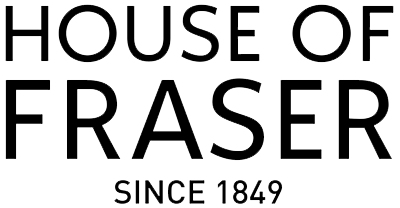At the risk of being called a coffin chaser, it is just too tempting not to point that the many brands that have fallen prey to the meltdown in retail may see a revival in their fortunes now that so many have gone into administration with their retailer owners. Most recently, this is the partial collapse of Philip Day’s Edinburgh Woollen Mills with Peacocks and Jaeger going into administration
Some like Karen Millen have already gone to Mike Ashley who sensibly always checks the stockpile first before acquiring. Now, Philip Day’s better brands, Jaeger and Austin Reed risk going in the same direction, living as zombie brands presumably until the stock runs out or the brand makes a modest recovery in the Frasers Group stable, and survives on a long list of other names with only their former glories to cover their modesty.
Retail last, digital first
These are just a handful of brands with a good pedigree that are languishing in the bargain bucket and I hope it is not simply sentiment that causes me to look for alternatives. Surely the answer is for these brands, released from the confines of physical retail, to explore a digital first future, with a mix of owned and third party on line channels, boosted not by conventional marketing but by an army of influencers currently building their own businesses through Facebook, Instagram and TikTok.
A lack of investment
That part of the revival strikes me as the easy part. The toughest challenge will be production. The once mighty UK textile industry barely exists and no one wants to talk about Leicester, parts of which would put a developing world sweat shop to shame. But we do have the skills; what we lack is investment in infrastructure and there is no chance of the Government helping, even if it were not already past its eyes in debt.
The cottage industries that once sustained the likes of Harris Tweed depended on mainland manufacture, most of which has gone. According to Warwick University, the UK industry contributes £1.1 billion to the UK economy each year. There are around 13,000 enterprises in the textile services industry, of which 11,000 are sole traders. There are around 50,000 people employed in this industry in the UK. There are some signs of life in Lancashire, mostly on the back of investment from Germany, but the 2020 crisis will be sure to set things back.
So what is the answer? All these so-called iconic brands are simply ending up on discount web sites alongside a whole bunch of other non-brands, like puppies in a dogs home wating to be rescued. Anyone fancy taking a punt on Aquascutum? Oh dear, administrators were appointed on September 17, 2020. Until these brands are revived through a vertically-integrated manufacture and sales structure, we are likely to see many of them disappear for ever.



















